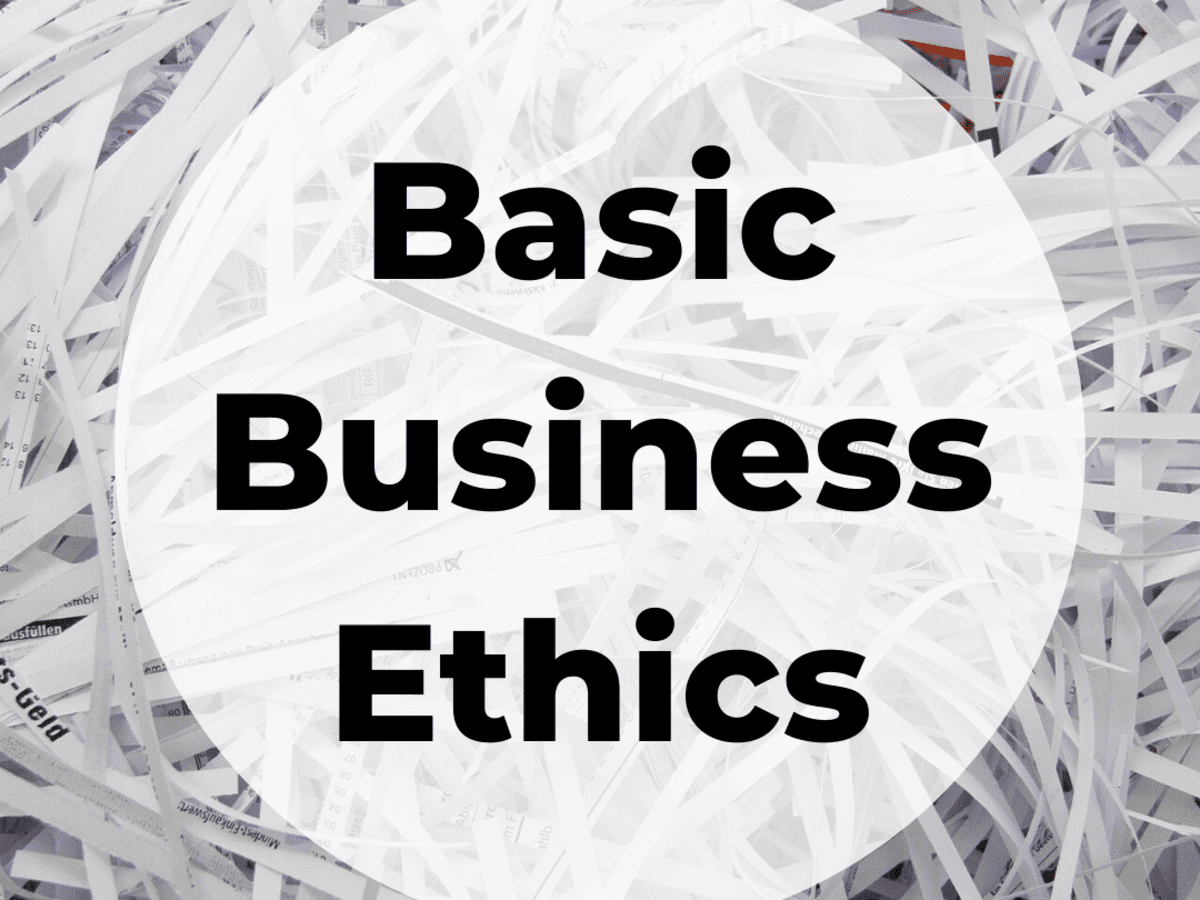
Businessetiquettearticles.com – A successful business is not only measured by financial profits alone, but also by the ethical principles applied in every aspect of its operations. Ethically oriented businesses earn customer trust, build strong relationships with stakeholders, and have a positive impact on society and the environment. The following are the important stages in building an ethical business:
1. Determining Values and Ethical Principles
The first stage in building an ethical business is establishing the core values and ethical principles that will form the basis of the company’s operations. These include integrity, honesty, social responsibility, fairness, and respect for diversity. These values should be reflected in the policies, procedures and overall culture of the organization.
2. Establishment of a Code of Ethics
Once the values and ethical principles are established, the next step is to formulate and implement a company code of ethics. This code of ethics should explain the standards of behavior expected of all company employees and leaders in all situations, including in interactions with customers, business partners and the public.
3. Training and Education
It is important for companies to provide regular training and education to all members of the organization about the importance of ethics in business. This includes an understanding of the company’s code of ethics, case study, and discussion of ethical dilemmas that may arise in daily business practices. This training helps strengthen the ethical culture in the organization.
4. Implementation of Ethical Business Practices
Ethical business practices must be implemented in every aspect of a company’s operations, from supply chain management to customer service. This includes transparency in communications, fair treatment of employees and business partners, responsible environmental management, and compliance with regulations and industry standards.
5. Evaluation and Monitoring
It is important to regularly evaluate and monitor compliance with the company’s ethical principles and code of conduct. This can be done through employee satisfaction surveys, internal audits, and secure reporting mechanisms for employees to report ethical violations. The results of this evaluation can be used to make necessary improvements and improvements.
6. Responsive to Feedback
Companies must be responsive to feedback from employees, customers, and the public regarding their business practices. They must be prepared to make changes and adjustments as necessary to ensure that their operations remain in line with expected ethical standards.
Conclusion
Practicing ethical business is not just about complying with regulations, it is also about building strong relationships, winning customer trust, and making positive contributions to society and the environment. By following these stages, companies can build a solid foundation for long-term success based on strong ethical principles.


No Comments